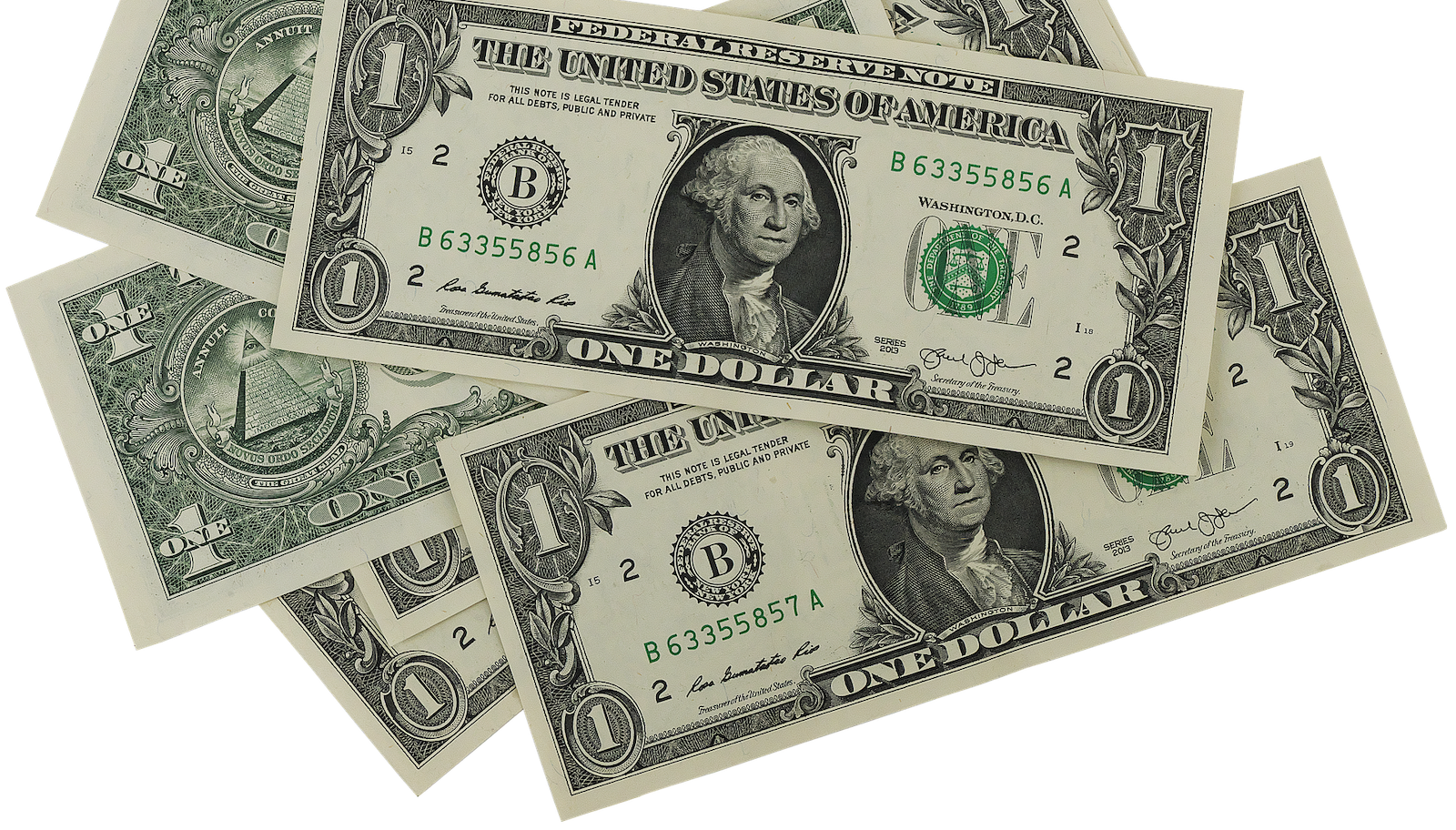
How to find mistakes on your credit report
Incorrect personal information can affect your ability to access your credit report or get your identity confirmed with government agencies if, for example, you’re trying to file an income tax return or access your Social Security account online.

By Teresa Murray, Consumer Watchdog
A third of complaints to the Consumer Financial Protection Bureau (CFPB) last year involved incorrect information on people’s credit reports.
Credit report errors are not unusual. An investigation by Consumer Reports last year found that one in three Americans who participated in the study discovered at least one mistake on their credit report. About 29 percent found mistakes in their personal information, while 11 percent discovered erroneous information about accounts.
Mistakes on your credit report can cause a whole host of problems.
Incorrect personal information can affect your ability to access your credit report or get your identity confirmed with government agencies if, for example, you’re trying to file an income tax return or access your Social Security account online.
Errors involving accounts or public records can hurt your ability to qualify for a loan or credit card, can increase the interest rates you pay or affect your premiums on auto or homeowners’ insurance policies.
Mistakes involving public records can also affect lending decisions and could potentially cost you a job offer if, for example, your credit report shows a bankruptcy or tax lien that isn’t yours.
It’s easy and free to get copies of your credit reports. You should go to annualcreditreport.com and you can request all three reports there – from Equifax, TransUnion and Experian. Or you can call 1-877-322-8228. You will have to provide personal information including your Social Security number. You can request a copy from each bureau at no charge once a year. And until April 20, you can actually get a copies from each bureau once a week at no charge. (Do not go directly to the bureaus’ web sites; the reports won’t be free and you may mistakenly sign up for paid products, such as identity theft monitoring.)
Your credit report may be a dozen pages or more. If you have never seen a copy of your credit report, or if it’s been a long time, here’s a roadmap of the places to look for the most common mistakes that will hurt you or could signal a problem:
-
Your biographical information. Make sure your name is spelled correctly and your address, date of birth and other information is correct. My husband checks his credit report regularly. Only on his most recent check did he find Experian had a second Social Security number listed, with the last digit incorrect. It was probably a data entry error, but still needed to be disputed.
-
Alternative spellings of your name. Does your report show other names used or incorrect spellings of your name in addition to the correct one? This could be a sign your name was used by someone else, or someone else’s information incorrectly ended up on your file.
-
Your address history. Does it show any incorrect addresses? Maybe addresses that belong to a relative? This also could mean that someone else’s information is on your file. You’ll need to go through each account listing carefully.
-
Your credit accounts. Do you recognize all of the open or current accounts? If not, you could be a victim of identity theft.
Keep in mind, though, that you may not recognize an account if the name of the bank is abbreviated oddly or if your account was sold to another bank.
For example, a Home Depot credit card may be abbreviated on your credit report as THD/CBNA. THD stands for The Home Depot. CBNA stands for Citibank North America.
And people who have a GM Card which may have been through Capital One may not find it’s been transferred to Marcus under Goldman Sachs.
Note: If you see one credit card listed several times, it’s not necessarily a mistake, as long as all but one are listed as closed accounts. This could just represent times when your account number changed. -
Payment history. Do any of your current or past accounts show any ate payments that weren’t late? This affects your credit score and potentially, lending decisions and interest rates.
-
Current balances. Credit scores depend significantly on the proportion of your credit limit you’re using. It’s best to have “credit in use” ratios of 25 percent or less. The balances are generally as of your last statement. You’re looking primarily for balances that seem way off or that you paid off long ago.
-
Inquiries. Your credit report will show “hard inquiries” involving actual applications for new loans or credit cards. And it will show “soft inquiries” or “account review” inquiries involving existing accounts. You should pay most attention to the hard inquiries: These affect your credit score. Are there inquiries on there you don’t recognize? And an erroneous inquiry could signal fraud.
-
Public records, such as lawsuits or liens. Public record entries hurt your credit score and your credit report. The entries usually come from court records: bankruptcies and civil suits seeking money owed. Credit reports used to show tax liens and judgments, but generally don’t any more, even if they exist. That could change in the future.
Topics
Find Out More


Safe At Home in 2024?

5 steps you can take to protect your privacy now
